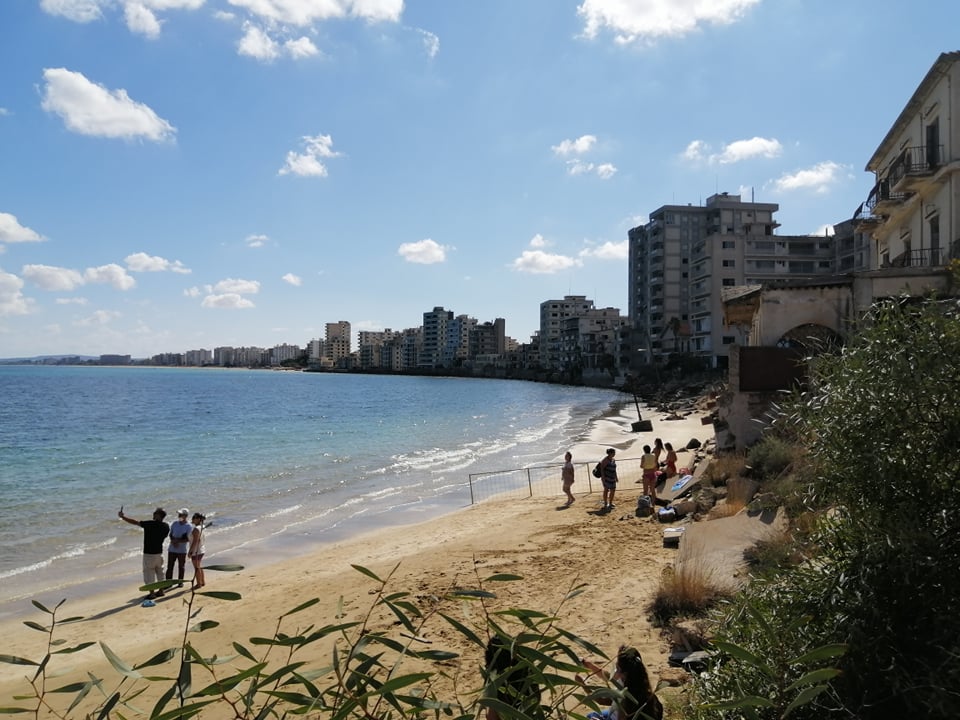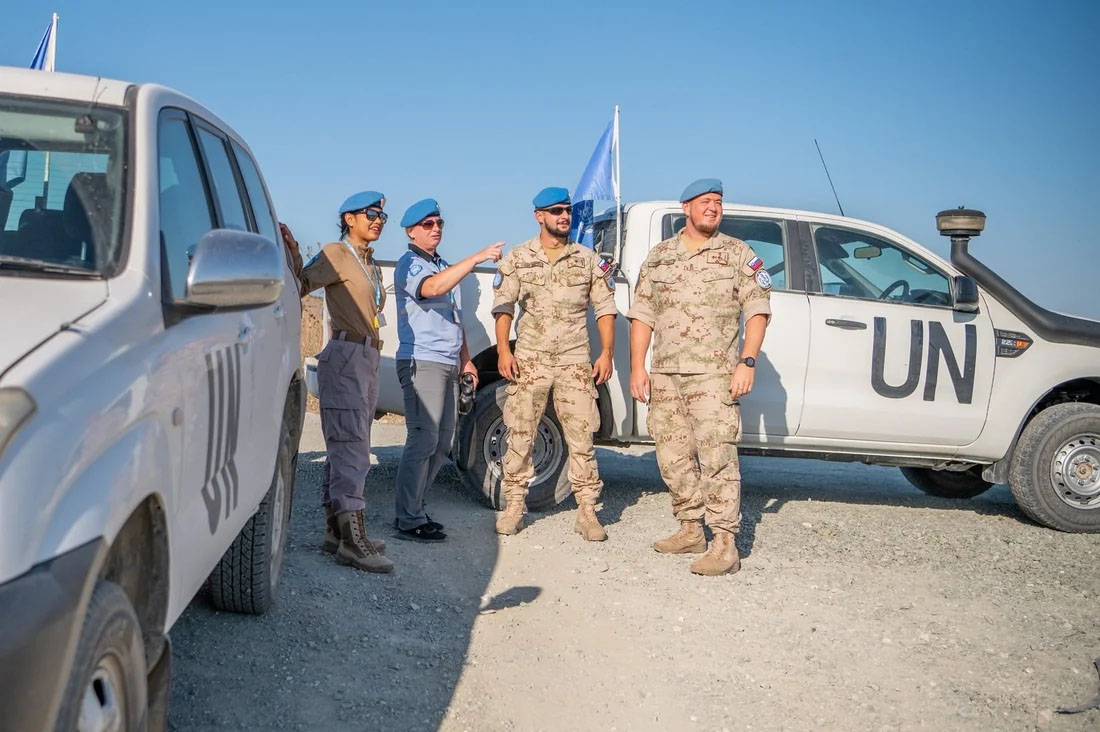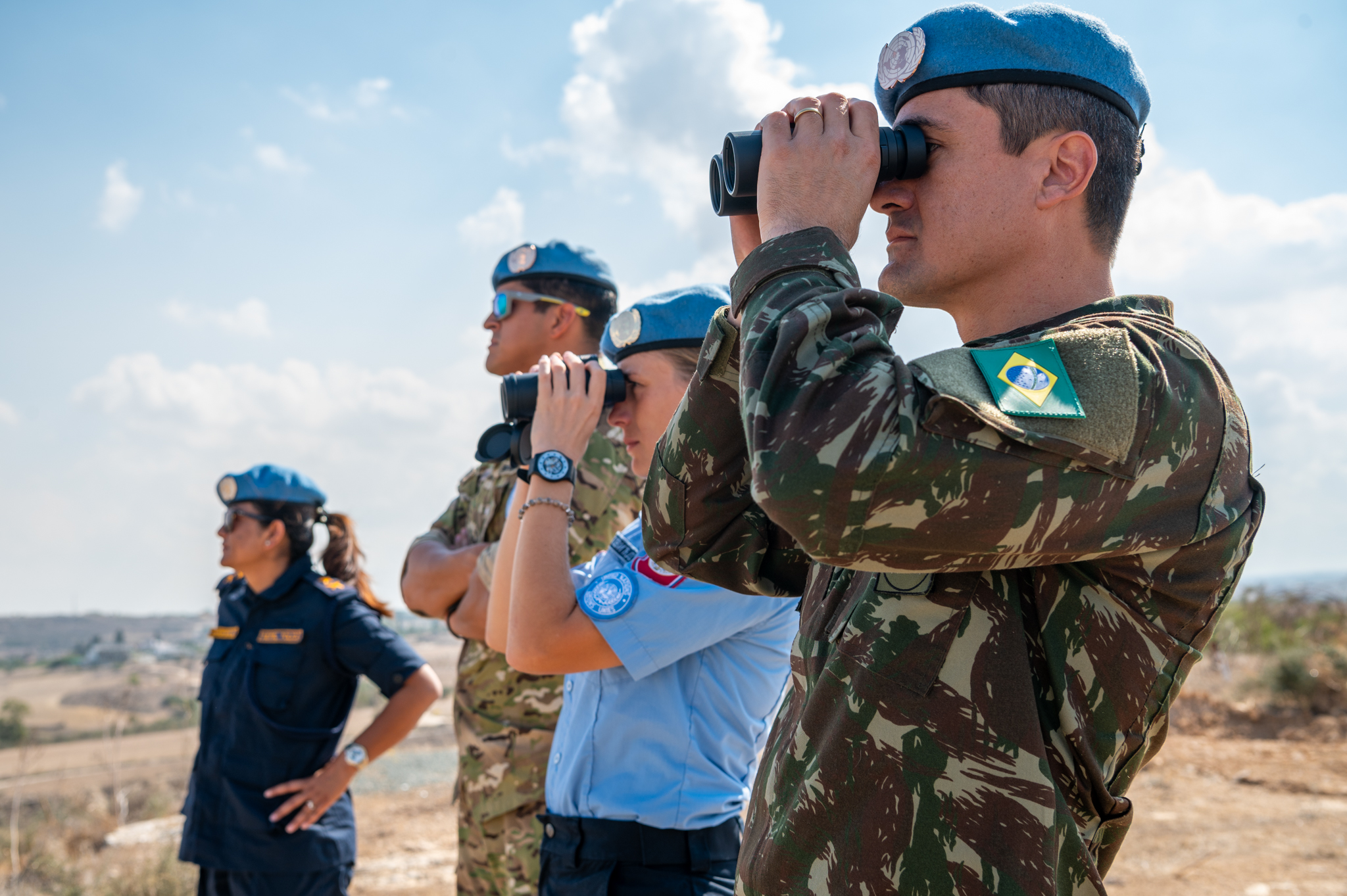The foreign ministry on Saturday said it “welcomes” the latest six-monthly reports penned by United Nations Secretary-General Antonio Guterres on the UN peacekeeping force in Cyprus and the UN’s good offices on the island.
The reports are yet to be published, but advance copies have been sent to Cyprus’ two sides, to its three guarantor powers, and to the countries which sit on the UN security council. They are expected to be published next Friday.
The ministry said it “welcomes [Guterres’] unwavering commitment to continue his efforts to resume negotiations, with the aim of achieving a sustainable and comprehensive solution” to the Cyprus problem.
Such a solution, it added, must be found “on the basis of the agreed framework and the relevant resolutions of the UN security council”.
“The government reiterates its readiness to immediately commence negotiations … and is working methodically to create the necessary conditions for this purpose,” it said.
To this end, it said it “attaches particular importance to the implementation” of the confidence-building measures agreed upon at the previous enlarged meeting on the Cyprus problem in Geneva in March, “in view of the upcoming enlarged meeting”, which begins in New York on Wednesday.
It added that the government “fully shares the concern expressed by [Guterres] regarding the developments in the fenced-off area of Varosha”.
Guterres, the ministry said, “reiterates the responsibility held by Turkey and emphasises that the UN’s position, as expressed in security council resolution 550 and 789, remains unchanged”.
Resolution 550, adopted in 1984, writes that it “considers attempts to settle any part of Varosha by people other than its inhabitants as inadmissible and calls for the transfer of this area to the administration of the UN”.
Resolution 789, meanwhile, was adopted in 1992, proposed extending the jurisdiction of Unficyp to include effective control of Varosha.
The ministry said Guterres had “also underlined once again the importance of Turkey’s full compliance with these resolutions”.

Of the report on Unficyp, the ministry said it had “once again recorded the violations of the occupying army in and near the buffer zone”.
Those violations, the ministry said, “aim to undermine the territorial integrity of the Republic of Cyprus and to impose new faits accomplis on the ground”.
“At the same time, [the government] also expresses disappointment, as the longstanding tendency of the UN to maintain equal distances may unfortunately lead to impressions of equating incidents of dissimilar nature and gravity,” the ministry said.
It went on to speak of “serious Turkish military violations on the one hand” and “legitimate civilian activities on the other”.
“Disappointment is also expressed over the failure to record in the report the continuous reinforcement and upgrading of the occupying army in the occupied areas,” it said.
It then touched on the matter of Greek Cypriots who live in the north, saying there is a “need to strengthen the efforts of Unficyp” to “ensure the dignified living” of those people.
“Similarly, we reiterate our consistent position on the need for a clear reference to the responsibilities of the occupying power in terms of efforts to determine the fate of the missing persons and to resolve this humanitarian issue,” it said.
It added that it “reaffirms its commitment to continued cooperation and close coordination with Unficyp for the effective implementation of its terms of reference”, and said the government at large will “continue to cooperate closely and constructively with the good offices”.

The previous report on Unficyp found that Cyprus’ defence ministry is dangerously and deliberately blurring the lines between civilian and military facilities by “disguising military positions within civilian structures”
Guterres had written in the report of a research institution on the edge of the buffer zone in Nicosia, which he said had “received instructions from the defence ministry to incorporate reinforced firing ports in their perimeter wall”.
“Unficyp continued to protest this policy with the Republic of Cyprus’ authorities, which is not only considered a military violation but also dangerously blurs the lines between civilian and military facilities,” he said.
Elsewhere in the report, he had written that “military violations on both sides persisted, with a high number of unauthorised installations of military-grade surveillance equipment, and continued disregard shown by both sides towards the mission’s authority in the buffer zone through repeated incursions”.
These incursions, he wrote, included in the village of Pyla, where a mutual understanding had been reached to construct a road through the buffer zone to the nearby village of Arsos, but was never implemented following disagreements between the two sides.
Government spokesman Konstantinos Letymbiotis had stressed that buffer zone violations were not equal on both sides, telling CyBC at the time that Greek Cypriot buffer zone violations are “acts of self-defence”.
“The militarisation of the occupied areas cannot be equated with the right to self-defence of the victim, which is the Republic of Cyprus,” he said.






Click here to change your cookie preferences